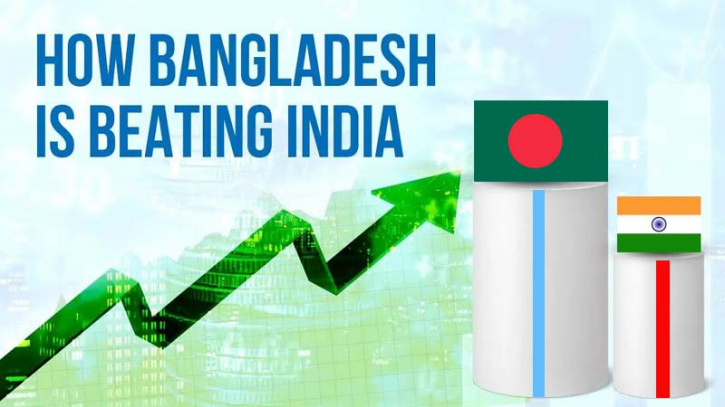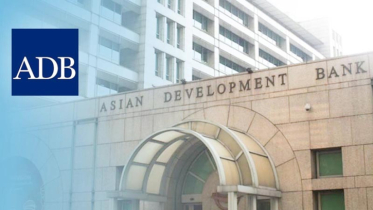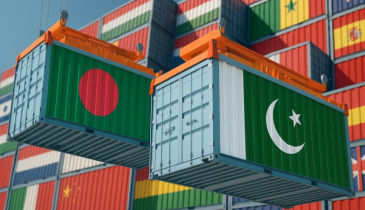Why Bangladesh are beating India in social indicators

Bangladesh has long overtaken India in life expectancy, fertility, child mortality, sanitation, school participation and gender equality. And now Nepal, with a per capita income half of India’s, has also begun to surge ahead.
India is falling behind other neighboring countries of the region in education and health. Indian Economist Jean Dreze has written a foreword to a forthcoming book by Swati Narayan, Unequal: Why India lags behind its neighbours.
Dreze notes that Bangladesh has long overtaken India in life expectancy, fertility, child mortality, sanitation, school participation and gender equality. Initially this was seen as a quirk, but the gap kept growing, proving deeply embarrassing for India.
Healthcare and Well-being: Bangladesh have shown significant improvements in healthcare accessibility and outcomes. This country have focused on enhancing healthcare infrastructure, increasing healthcare spending, and implementing innovative programs targeting maternal and child health. These efforts have resulted in reduced infant mortality rates and improved life expectancy, showcasing their commitment to bettering the well-being of their citizens.
Education: Bangladesh have made strides in expanding access to education, particularly at the primary and secondary levels. Government initiatives aimed at increasing school enrollment rates and literacy have yielded positive results. The emphasis on education for girls, in particular has contributed to narrowing gender disparities in education, a factor instrumental in their overall progress.
Economic Development and Poverty Alleviation: Bangladesh have experienced notable economic growth and implemented effective poverty alleviation measures. Bangladesh in particular, has seen significant success in the textile and garment industry, contributing substantially to economic development and employment generation. Nepal has also made progress in sectors like tourism and agriculture, fostering economic growth and reducing poverty levels.
Social Policies and Governance: Sound governance practices and effective social policies have played pivotal roles in driving positive change. Political stability, along with strategic policy implementations, has created an enabling environment for progress in Bangladesh. Additionally, social safety nets, welfare programs, and efforts to empower marginalized communities have had a tangible impact on societal development.
International Partnerships and Aid: Collaborations with international organizations, strategic alliances, and foreign aid have supported Bangladesh in their developmental endeavors. These partnerships have facilitated access to resources, technical expertise, and funding for crucial projects, contributing significantly to their advancements.
Resilience and Adaptability: Bangladesh have shown resilience in the face of challenges, such as natural disasters and socio-economic upheavals. Their ability to adapt, innovate, and implement resilient measures has been instrumental in sustaining progress despite adversities.
The successes of Bangladesh in various social indicators compared to India underscore the significance of holistic development approaches, proactive governance, targeted interventions, and sustained efforts in key areas. These nations have demonstrated that a concerted focus on healthcare, education, poverty alleviation, and inclusive policies can yield substantial improvements in societal well-being and development.
.png)









